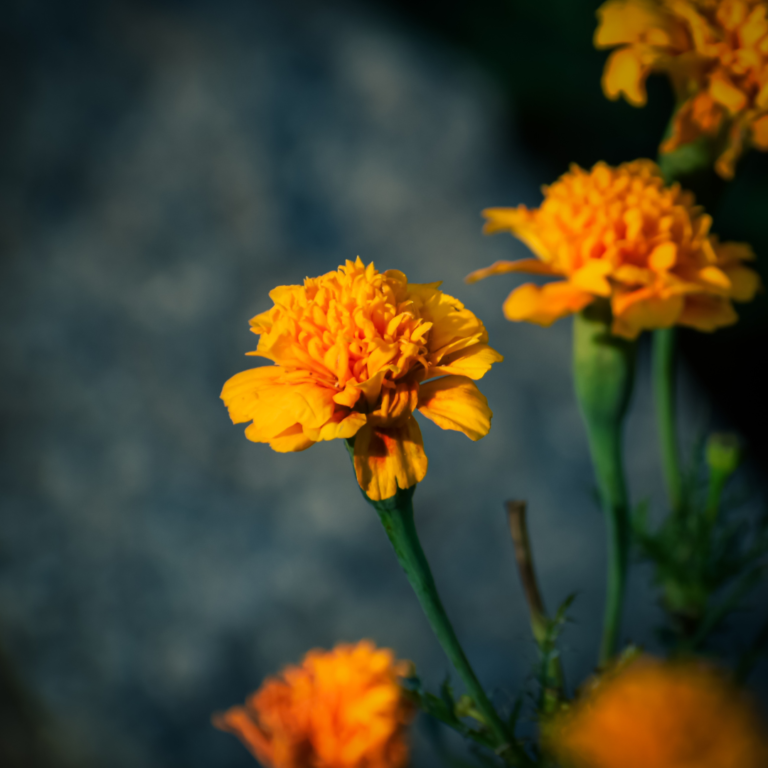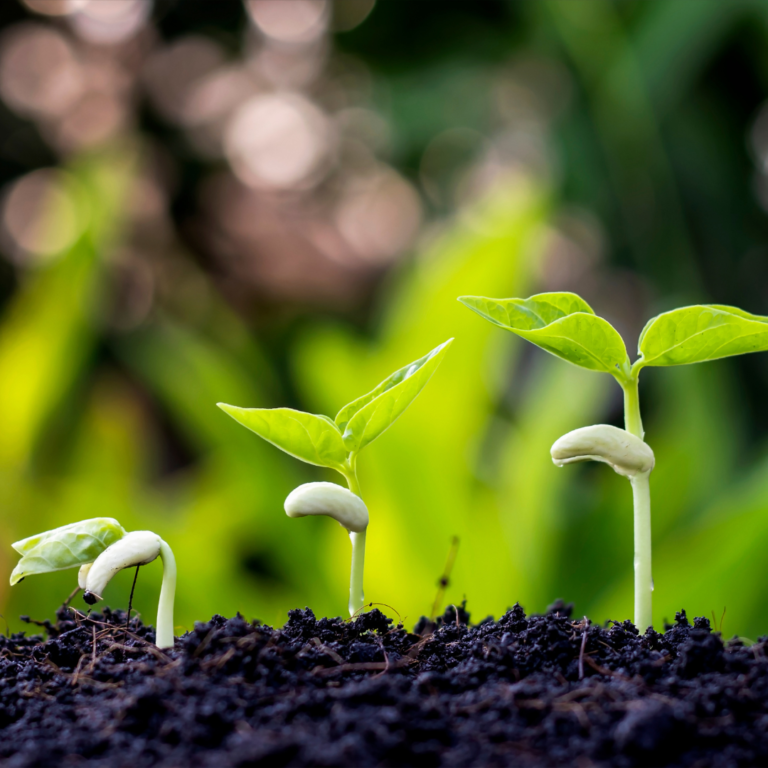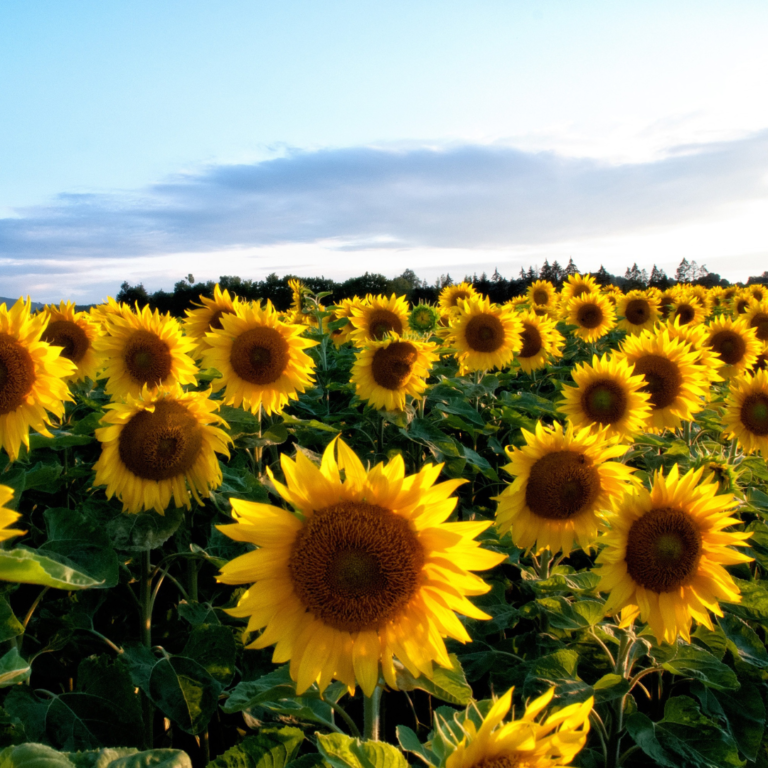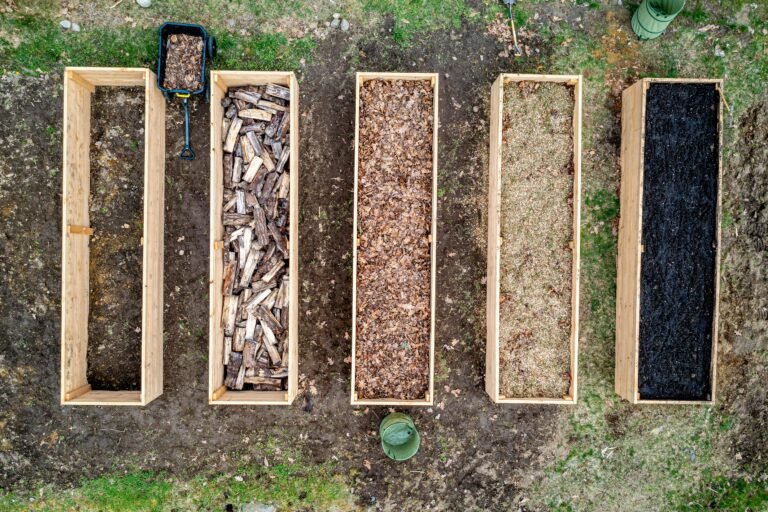Companion planting is a gardening technique that involves growing compatible plants together to enhance growth, repel pests, improve soil health, and increase yields. This age-old practice harnesses the power of natural relationships between plants, promoting biodiversity and sustainability in your garden. In this blog post, we’ll delve into the benefits and explore popular products that can complement and enhance your companion planting efforts.
Pest Control and Natural Repellents:
- Marigolds: Plant marigolds to repel nematodes, aphids, and other pests from vegetables like tomatoes and beans. Example: Axel’s Garden Seeds Marigold Seeds.
- Nasturtiums: Grow nasturtiums near cucumbers and squash to deter cucumber beetles and aphids. Example: Black Velvet Nasturtium Flower Seed.


Soil Improvement and Nutrient Cycling:
- Legumes: Plant nitrogen-fixing legumes like peas and beans to improve soil fertility by fixing nitrogen and enhancing nutrient availability for neighboring plants. Example: Isla’s Garden Seeds Sugar Daddy Snap Pea Seeds
- Cover Crops: Consider cover crops like clover or alfalfa to protect and enrich the soil during fallow periods, suppressing weeds and adding organic matter. Example: Nature Jim’s Radish Sprout Seeds
Pollinator Attractants and Beneficial Insects:
- Bee-Friendly Plants: Include bee-friendly plants like lavender, sunflowers, and bee balm to attract pollinators like bees and butterflies, enhancing fruit set and garden biodiversity. Example: Lavender Seed Packet.
- Beneficial Insect Habitats: Provide habitats for beneficial insects to encourage natural pest control and ecological balance. Example: Nature’s Way Cedar Bluebird Box House.


Garden Tools and Accessories:
- Raised Garden Bed Kits: raised bed gardening with kits for efficient planting, organization, and maintenance of companion plants. Example: Yaheetech Wooden Horticulture Raised Garden Bed
- Garden Hand Tools: Use ergonomic and durable hand tools for planting, weeding, and tending to companion plants. Check out this blog post for which ones to use.
Companion planting offers a natural and holistic approach to gardening, benefiting plants, soil, pollinators, and gardeners alike. By incorporating this method and relevant products like pest-repelling plants, soil-improving legumes, and pollinator-friendly flowers, you can help create a thriving and harmonious garden. Share the benefits of companion planting, inspire sustainable gardening practices, and cultivate a greener future together. Happy planting!
Disclaimer: This post contains affiliate links. If you make a purchase through these links, we may earn a small commission at no extra cost to you. Thank you for supporting our blog!

